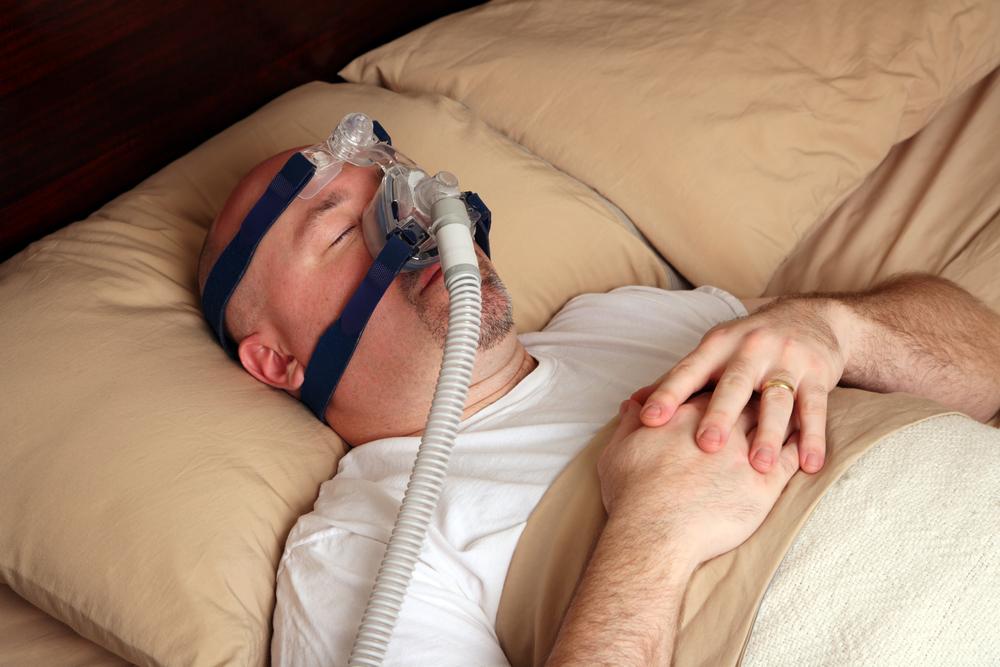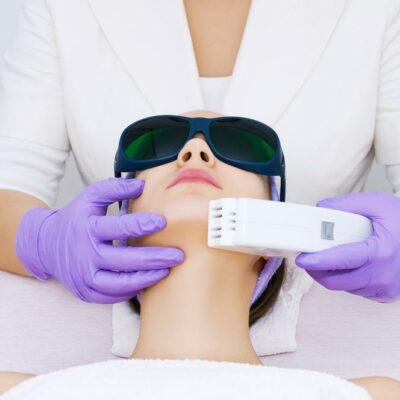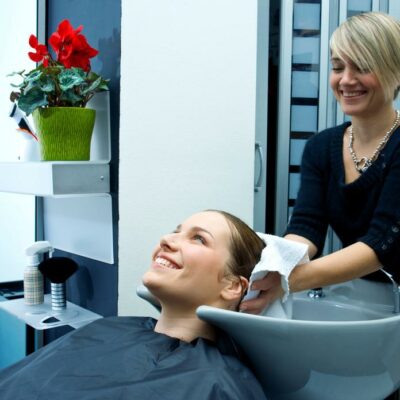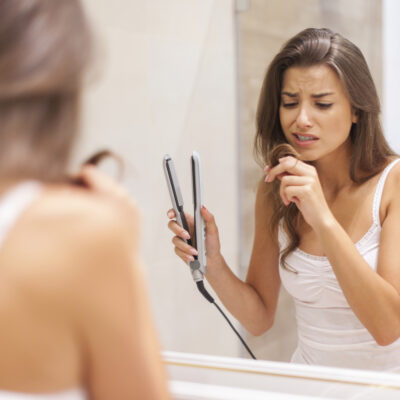
Early warning signs of sleep apnea and snoring
There are several assumptions made when it comes to snoring. First, it is considered as the byproduct of sleep; second, it is considered harmless; and the third and most critical assumption is that we think people snore because they’re tired. If one looks closely, this so-called harmless snoring pattern can give one a lot of signs of how healthy and unhealthy they are, and one such sign is sleep apnea.
Sleep apnea is a disorder that affects breathing patterns while one sleeps. While it is a common disorder, sleep apnea could potentially be dangerous. If left untreated, it could lead to several complications like type 2 diabetes and heart diseases. Sleep apnea also affects people of all age groups. So, how does one identify the signs and symptoms? Here’s everything you need to know about it:
1. Signs of sleep apnea in children
Research shows that nearly 15% of cases of snoring in children may be due to sleep apnea. In the country, 2% to 3% of children are estimated to have sleep apnea. When this condition is left untreated in a child, they may show signs and symptoms of ADHD, such as poor attention span, difficulty in learning, difficulty in adapting to surroundings, and behavioral issues. Early warning signs of sleep apnea to watch out for in a child include snoring, breathing through the mouth both while awake and during sleep, bedwetting more than normal, and sleepiness during the day time.
2. Signs of sleep apnea in toddlers
Early warning signs of sleep apnea to watch out for in a toddler include regular snoring and difficulty in breathing, restlessness, choking, coughing, and profuse sweating. While the toddler is awake, one must look for the following signs:
- Severe mood swings, prone to irritability, crankiness, and frustration
- Sleep at inappropriate times
- Tonsil related health problems
- Grows slowly when compared to a toddler of the same age group (both in terms of height and weight)
3. Signs of sleep apnea in adults
Apart from the loud snoring, there’s a good chance one may have sleep apnea if they face issues such as:
- Pauses in breathing while sleeping
- Waking up abruptly with shortness of breath
- Waking up choking or gasping for breath
- Waking up with a sore throat or dry mouth
- Frequent headaches
- Excessive daytime sleepiness
- Troubled concentration
- Memory loss
- You often wake up to use the bathroom
- Irritable and susceptible to severe mood swings
- Obesity
- Decreased sex drive
- Erectile dysfunction
It is best to see a doctor when one experiences these early signs and symptoms of sleep apnea. The doctor might advise visiting a sleep specialist. A sleep study is usually conducted, wherein brain waves, breathing, oxygen levels in the blood, and eye movements are closely monitored. Most importantly, snoring and gasping sounds along with when and how frequently the breath stops during sleep are also measured. Treatment options largely depend on the outcome of this study.
Sleep apnea is not limited to just adults. If a child shows any of the above-mentioned warning signs, one must not delay medical intervention.


